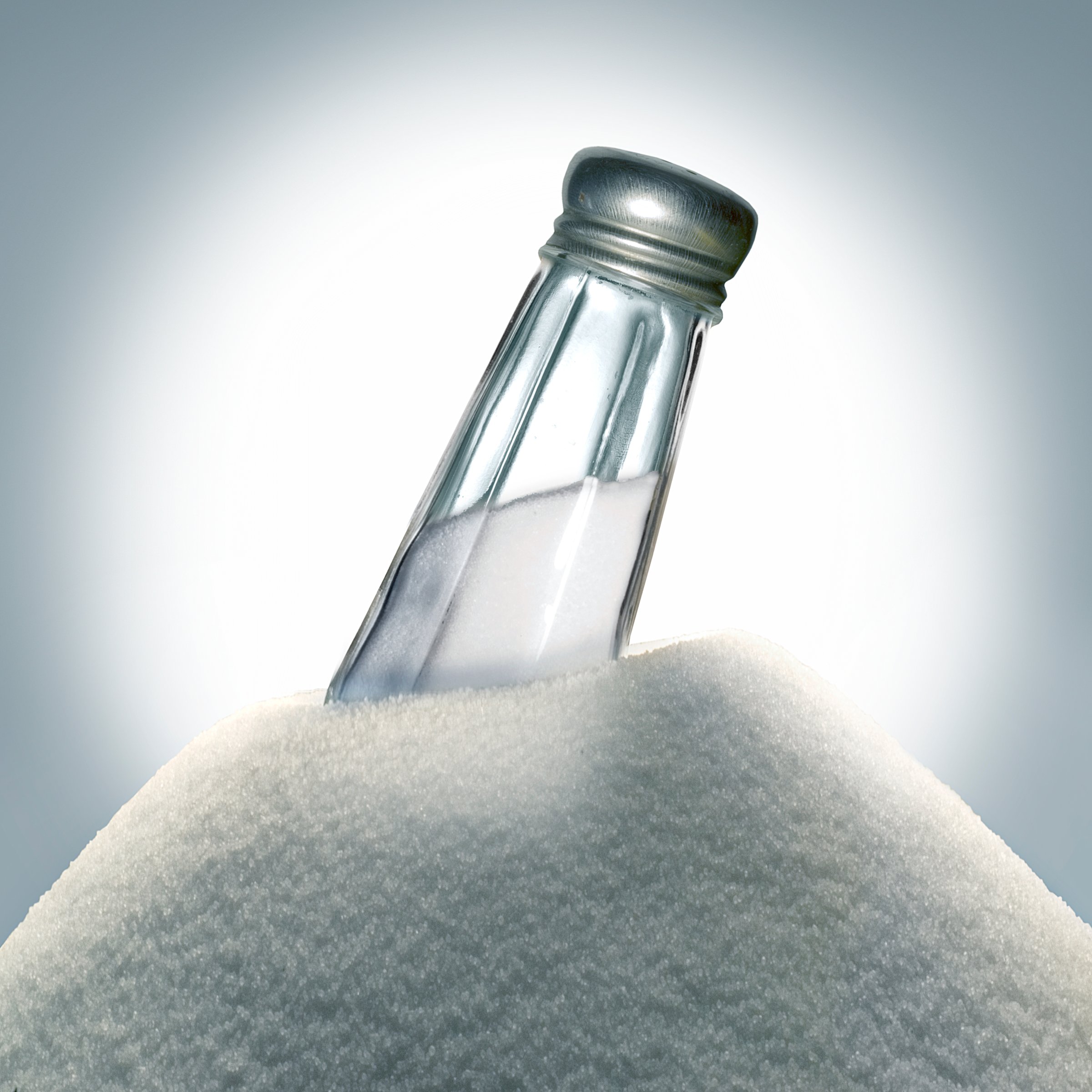
If you’re an average American, chances are that you’re eating too much salt. But the latest research — which, the scientists stress, is still in its early stages — hints that there may be some benefits to salt that have gone unnoticed. Salt, it seems, may be an ancient way for the body to protect itself against bacteria.
Reporting in the journal Cell Metabolism, Jonathan Jantsch, from the University of Regensburg in Germany, says that salt may be an effective way to ward off microbes. In a series of studies using both mice and human cells, he and his colleagues found that levels of sodium go up around an infection site, and that without salt, bacteria tend to flourish and grow better.
MORE Older Adults May Be OK to Eat More Salt Than Previously Thought
The discovery came about by accident, after Jens Titze, the study’s senior author, noticed that mice who had been bitten by their cage mates showed higher levels of sodium in their skin than those who were wound-free. Jantsch decided to find out whether the salt had something to do with the infection-fighting functions of the immune system.
He and his team conducted a series of experiments in which they subjected mouse and human cells to high levels of sodium chloride, and watched the immune cells activate. They also fed mice diets that were low and high in sodium, and then infected them with Leishmania major. The mice fed the higher amounts of sodium showed stronger immune responses to the wounds, and cleared their infections faster than the mice eating less salt. In fact, Jantsch speculates that certain skin cells may transport sodium preferentially to sites where bacterial populations are high in order to create another barrier preventing the microbes from entering deeper into the body.
That opens the possibility that salt may be an unrecognized contributor to the immune system, and possibly a remnant from the days before antibiotics, when mammals, including humans, needed some allies in the fight against microbes. After all, salt has been used for centuries to preserve food from spoiling in bacteria’s presence, so it makes sense that evolutionarily, sodium might have also been co-opted by the body in a similar way. “I really think salt is an unappreciated factor of immunity,” says Jantsch.
MORE New Dietary Guidelines: Cut Salt and Sugar, Eat More Fish
If that’s the case, then it may be possible to take advantage of salt-based dressings, for instance, to improve wound healing. Burn patients may benefit the most, since their skin, the first line of defense against microbes, is compromised. And for those with hyperactive immune responses, dialing down the concentration of sodium at specific areas might also be helpful. “We are interested in how this works, because it can have broad applications,” says Jantsch. “We can possibly target and boost sodium in situations where we need more salt if it’s deficient, and lower it in situations where there is salt overload and hypertension.” Already, some companies have produced wound dressings with enhanced sodium concentration as a way to help infections heal faster.
MORE Salt Doesn’t Cause High Blood Pressure? Here’s What a New Study Says
He stresses, however, that the results don’t mean high salt diets are now healthy — or advisable. His studies, even in mice, haven’t worked out exactly how salt in the diet affects the body’s ability to recruit the nutrient to fight infections. And to get the bacteria-fighting effect, the mice were fed a diet that was extremely high in sodium — 4%, compared to the average mouse chow which is only 0.2% to 0.3% sodium. “There is overwhelming data that tells you a high salt diet is detrimental to the heart,” he says. “We used one animal approach to look at the beneficial role of salt. So I would be hesitant to draw any conclusions for humans at this stage.” He and others are already setting up more experiments, however, to study how salt might become the next weapon in fighting infections.
MORE FDA Wants to Limit Your Salt Intake. Is That a Good Thing?
Read next: 11 Bad Habits That Bloat You
Listen to the most important stories of the day.
QUIZ: Should You Eat This or That?
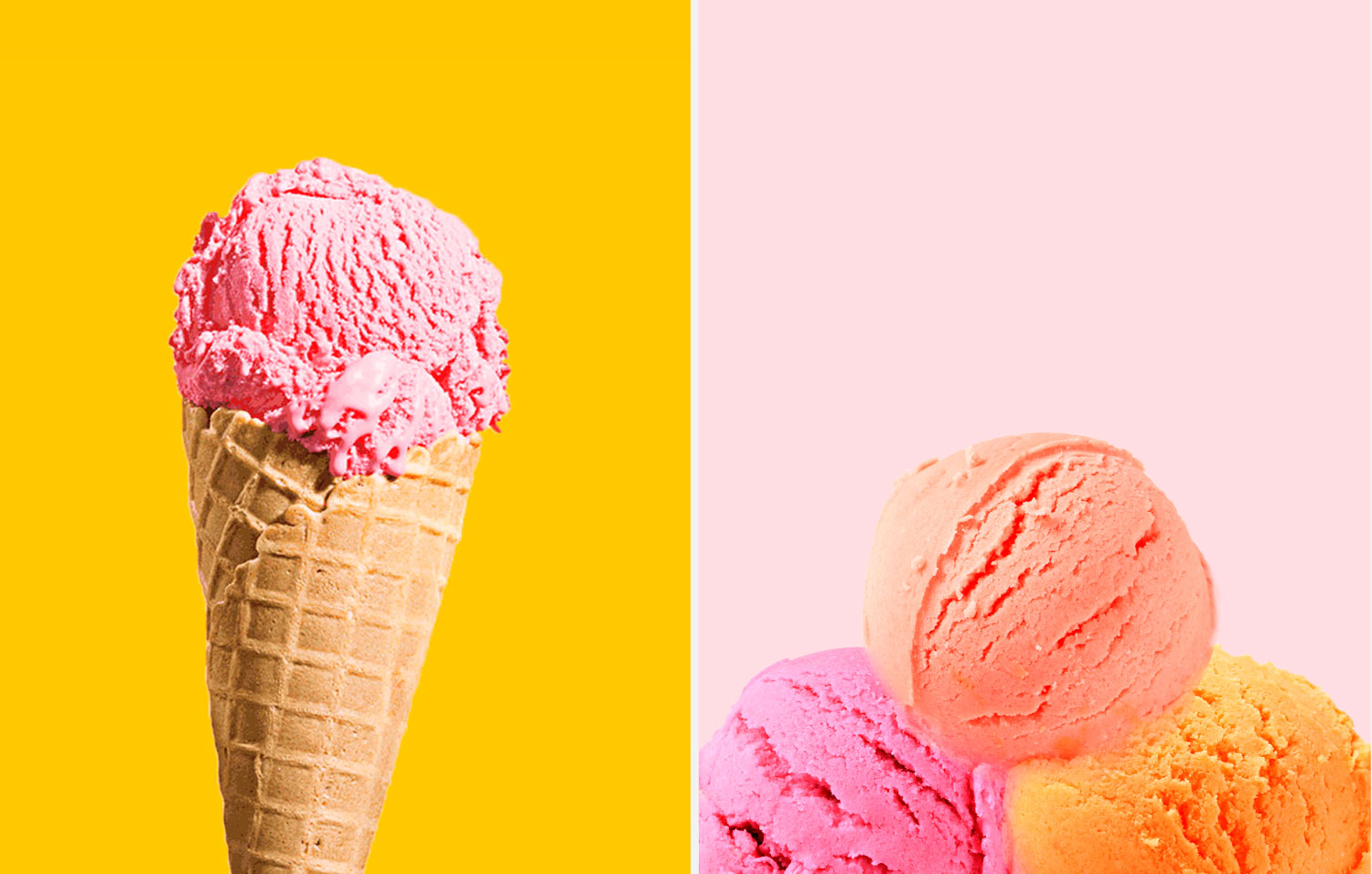
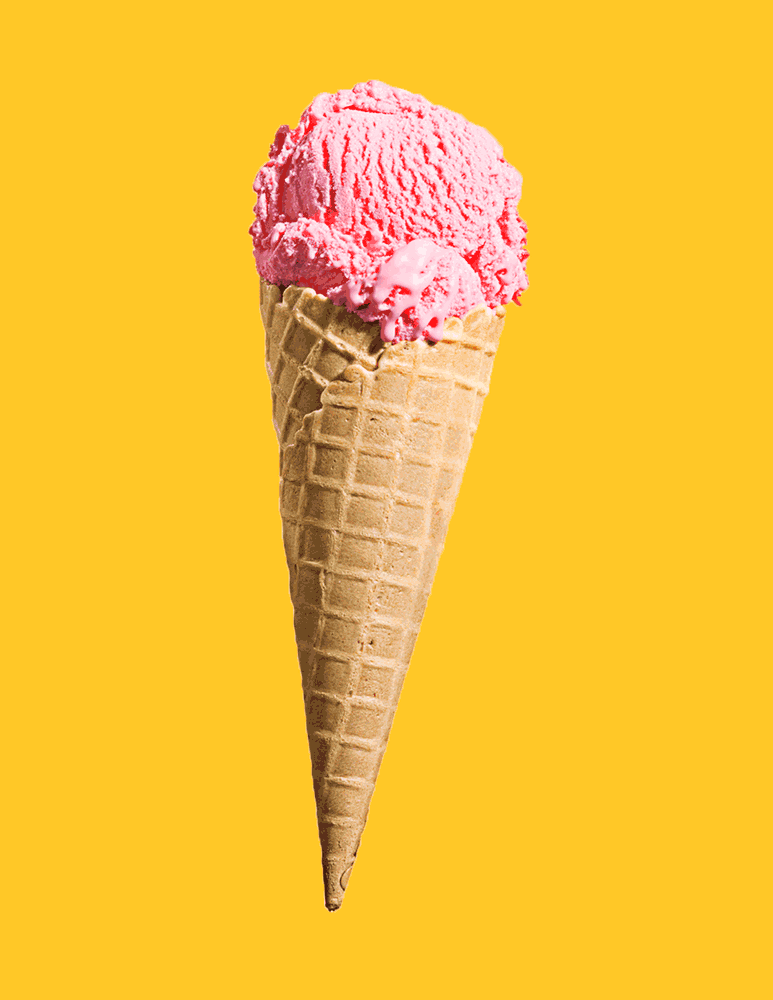
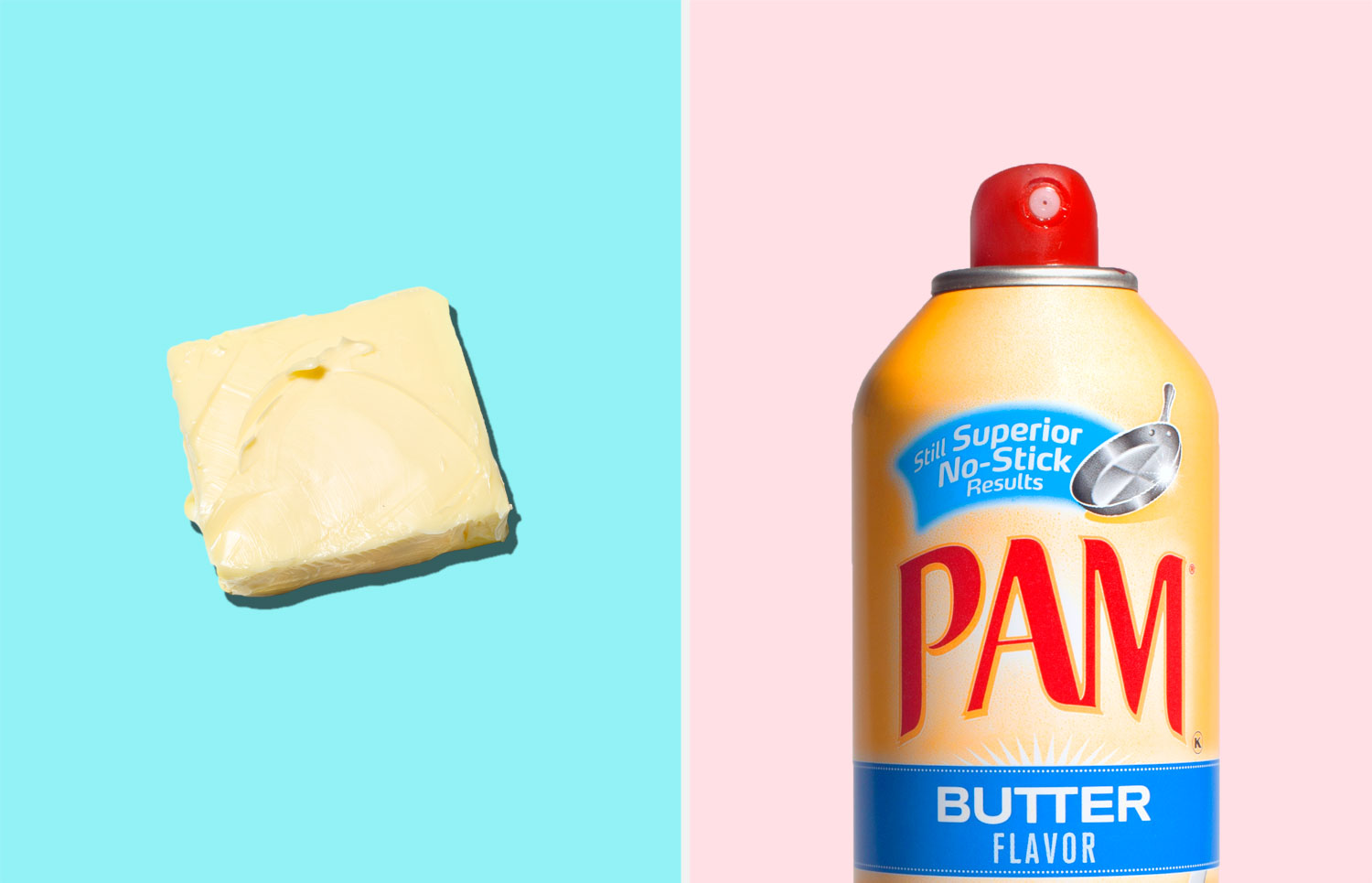
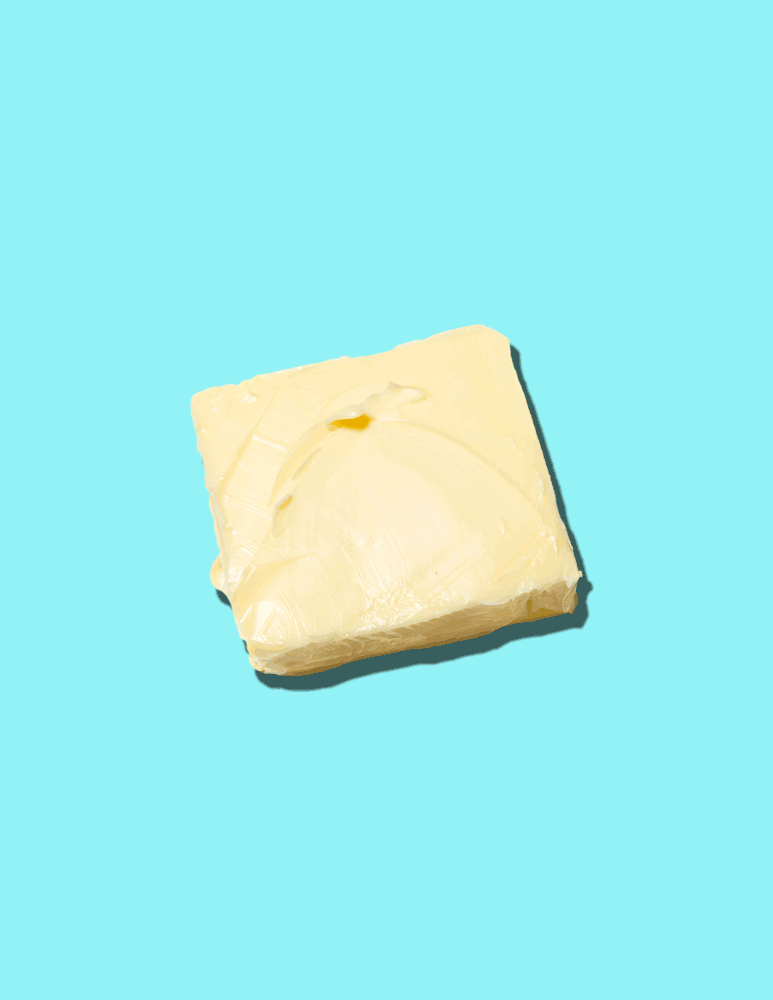
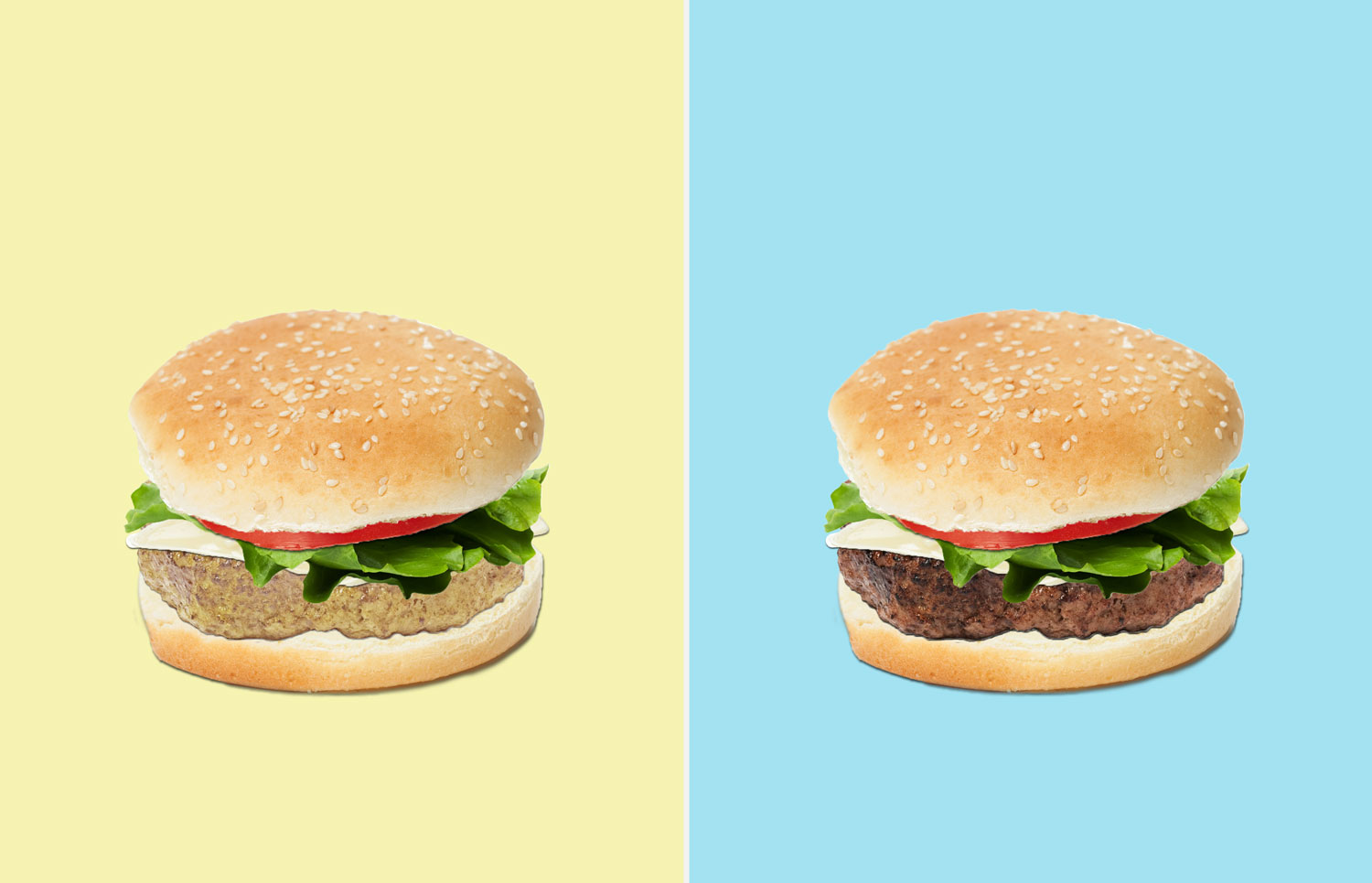
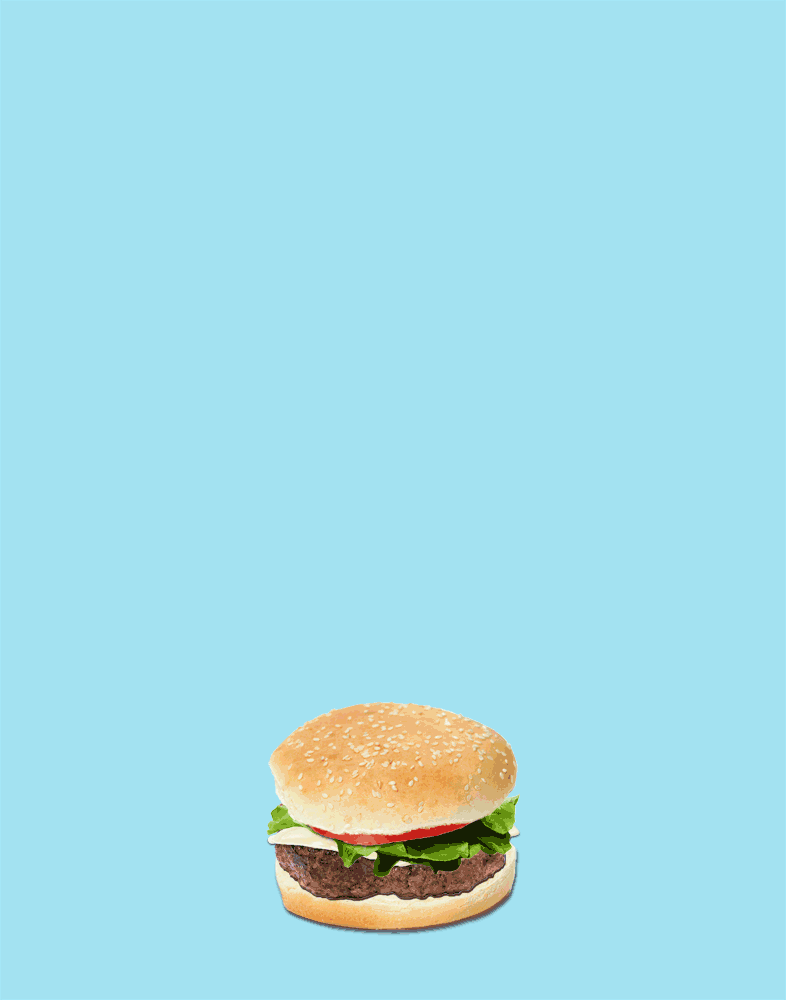
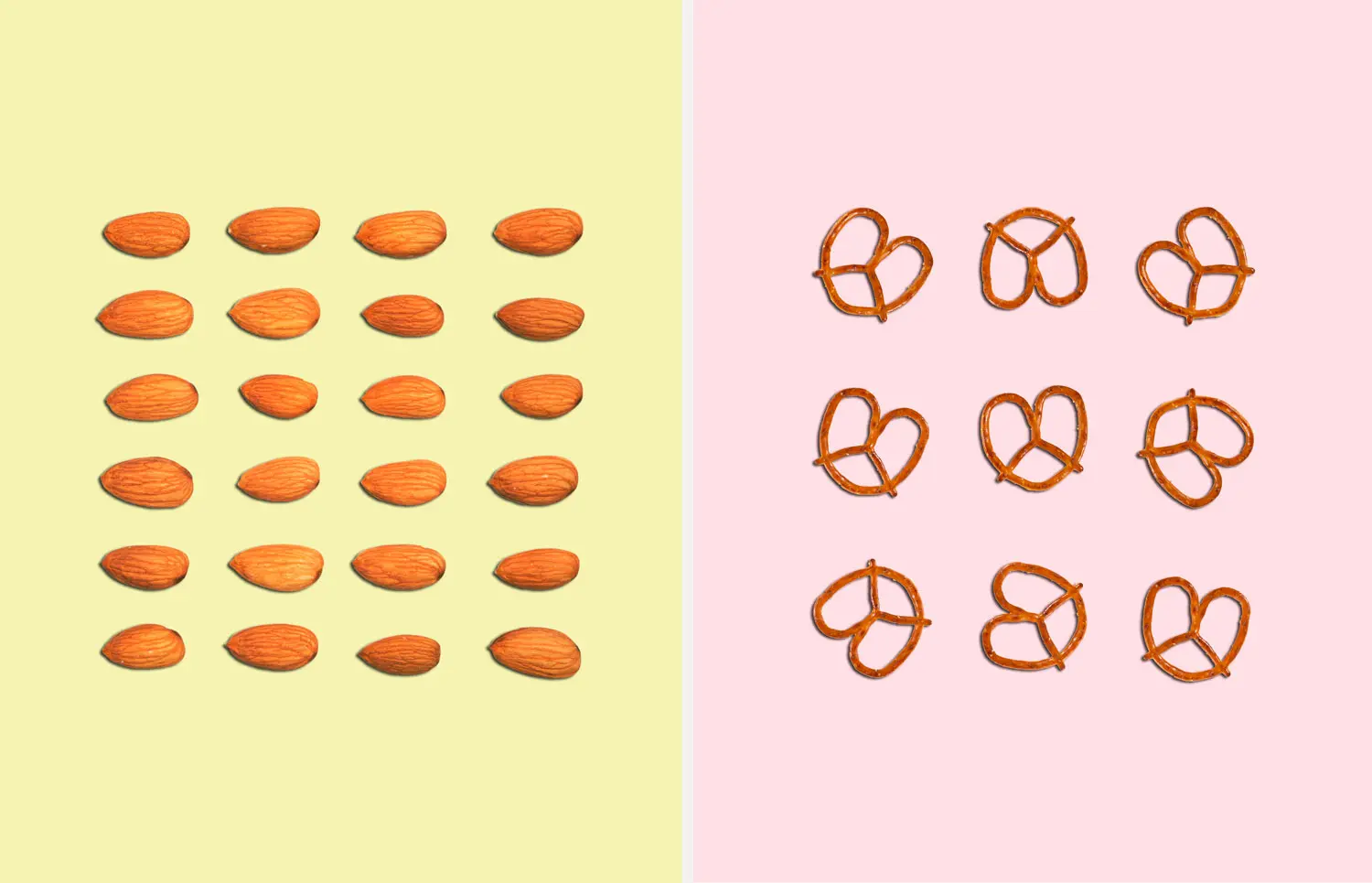
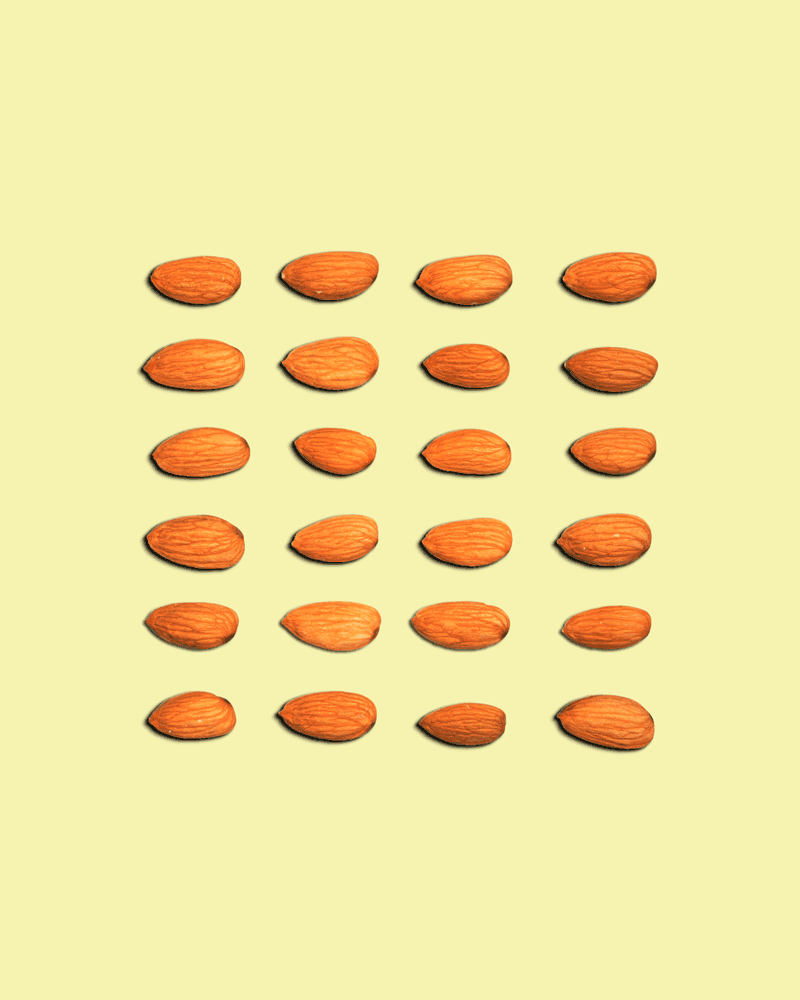
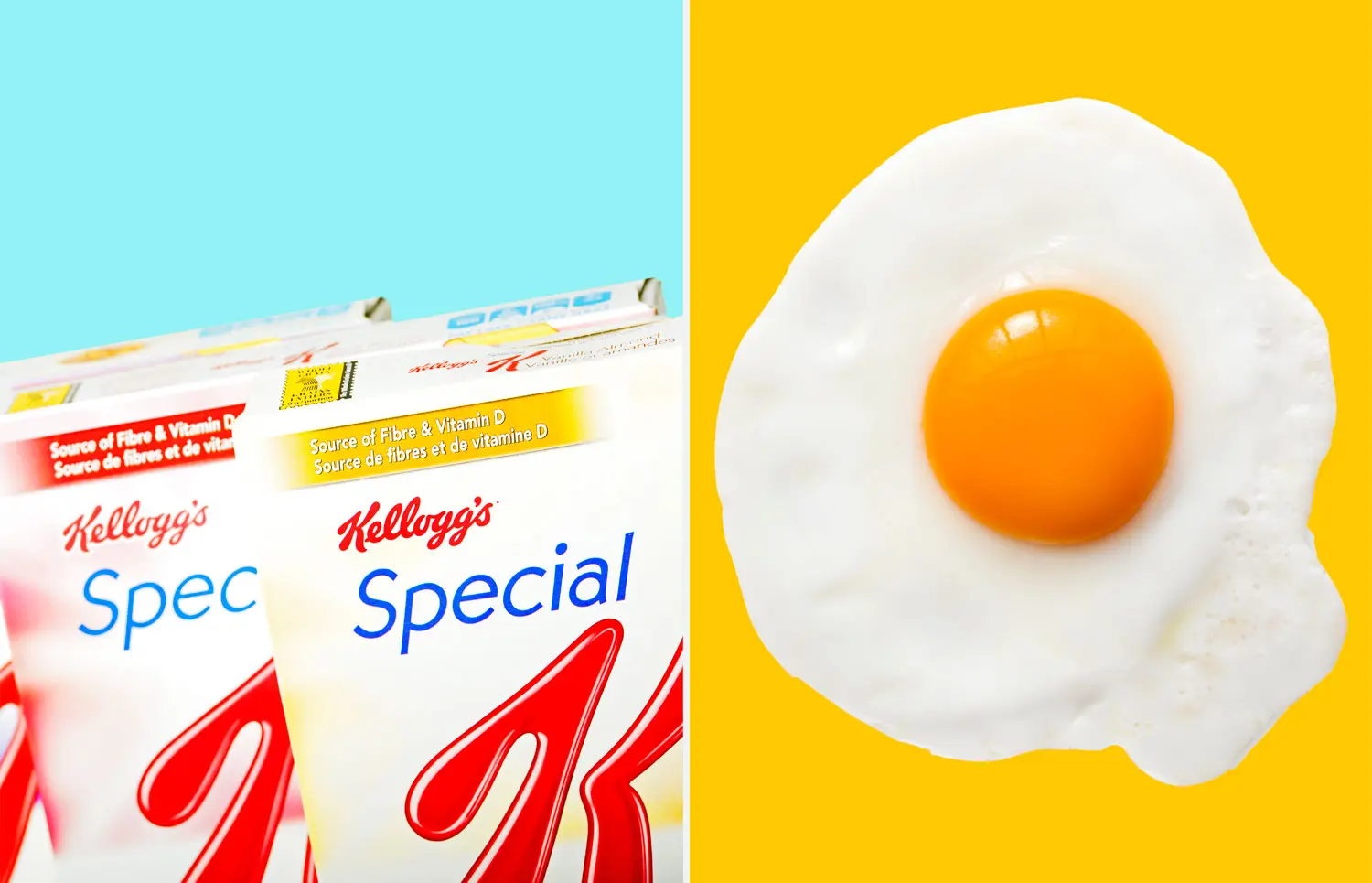
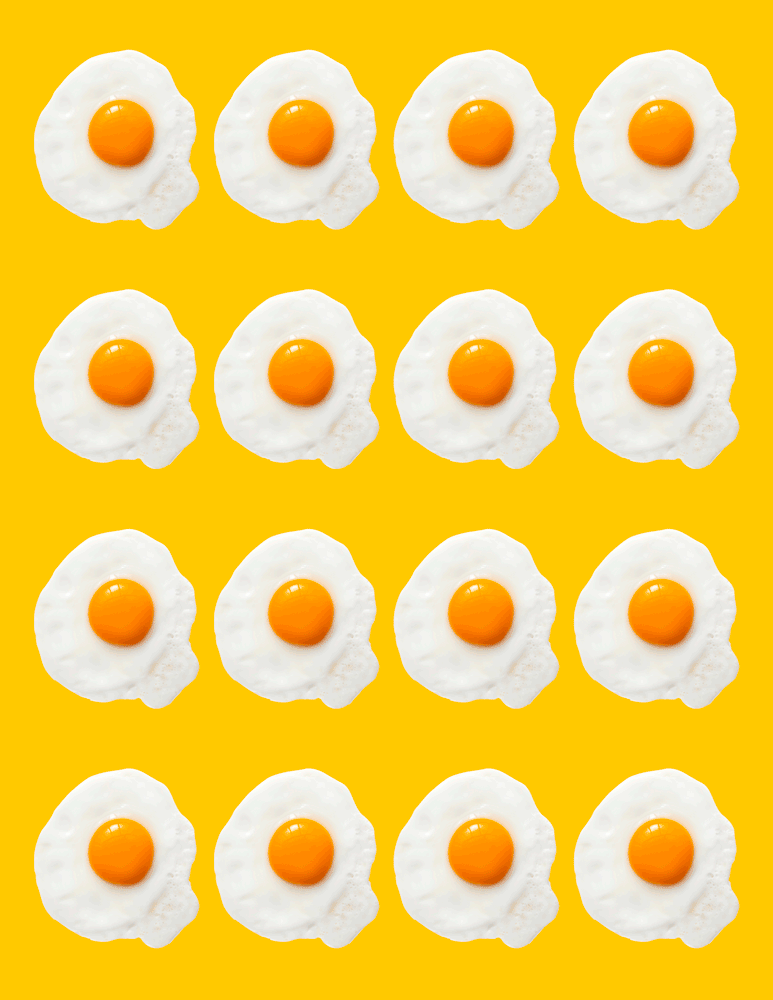
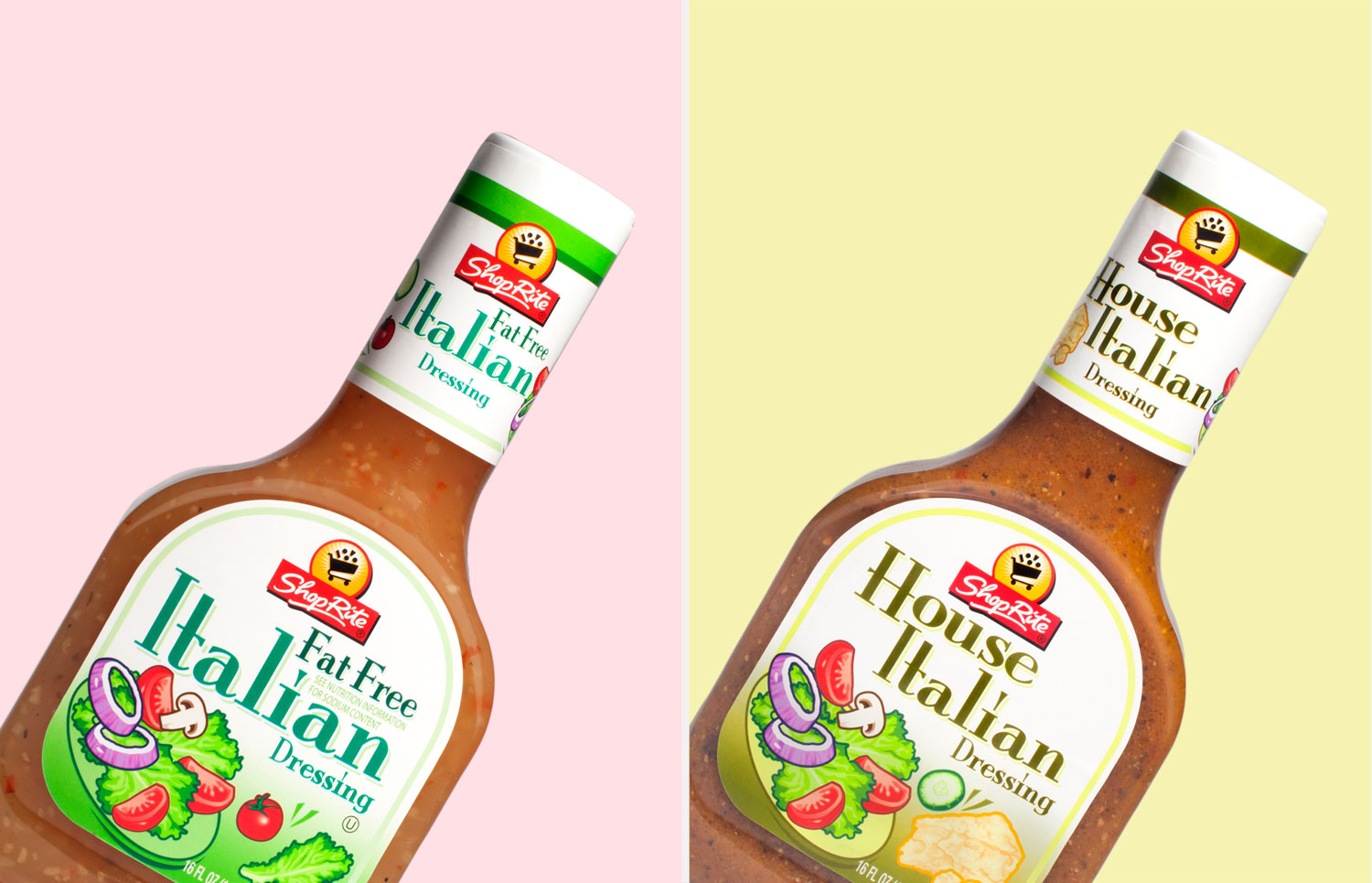
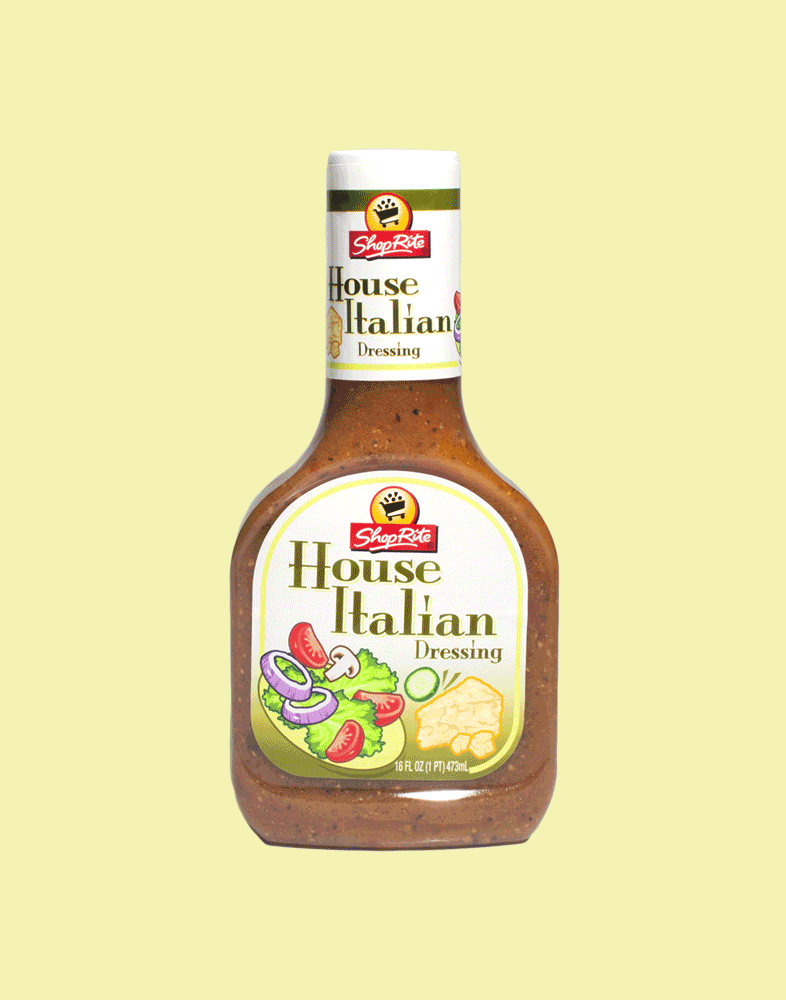
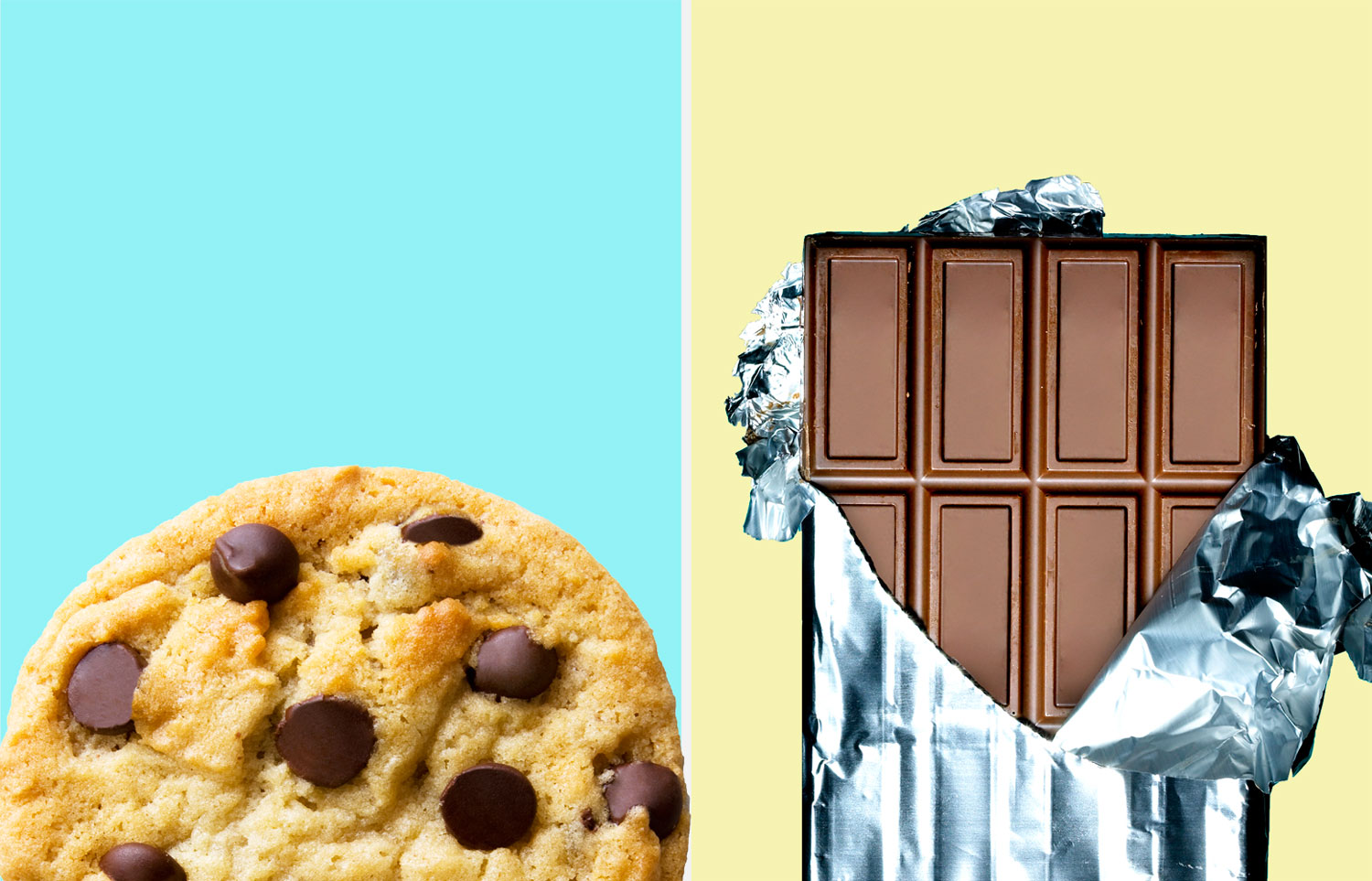

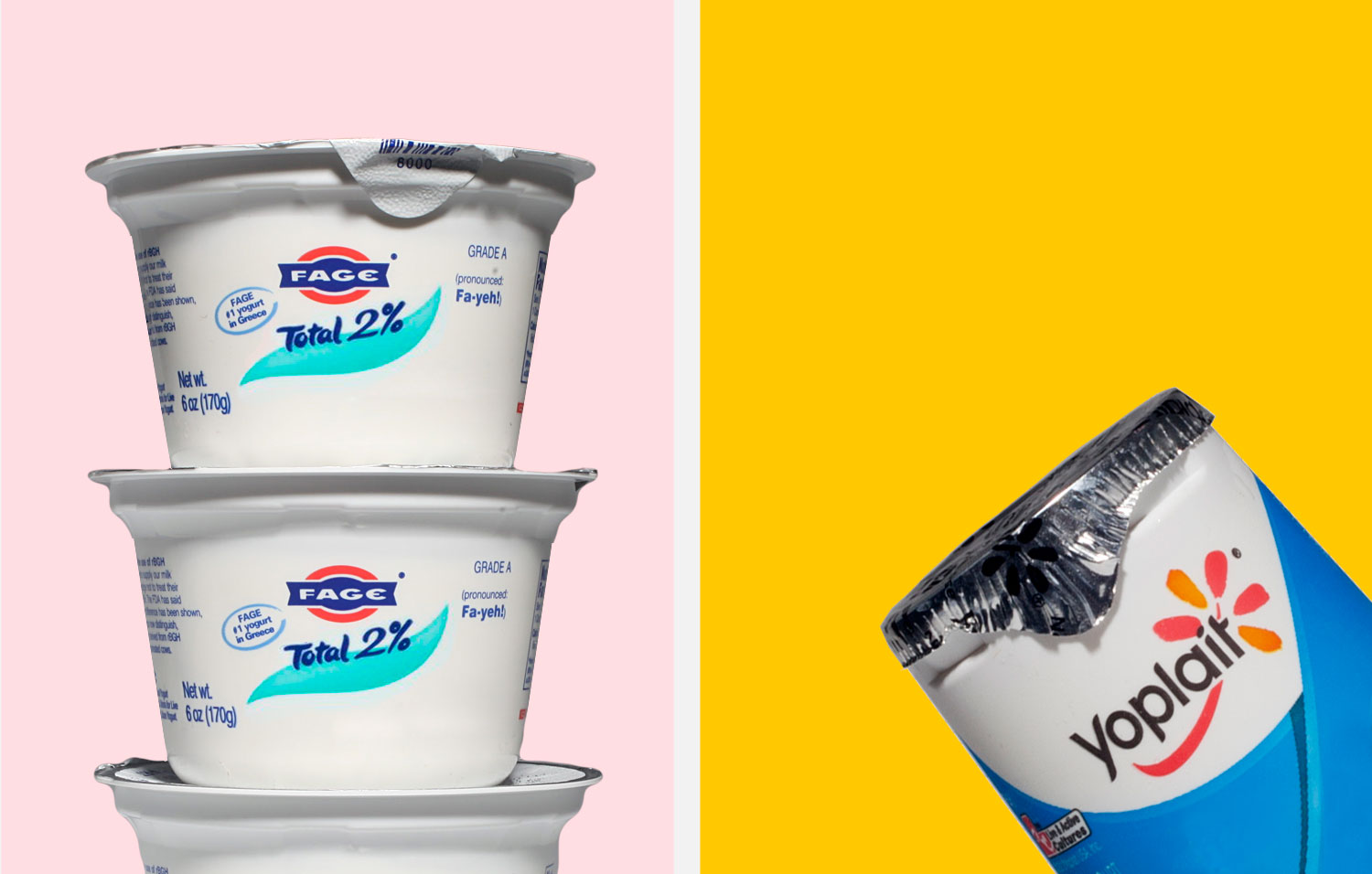
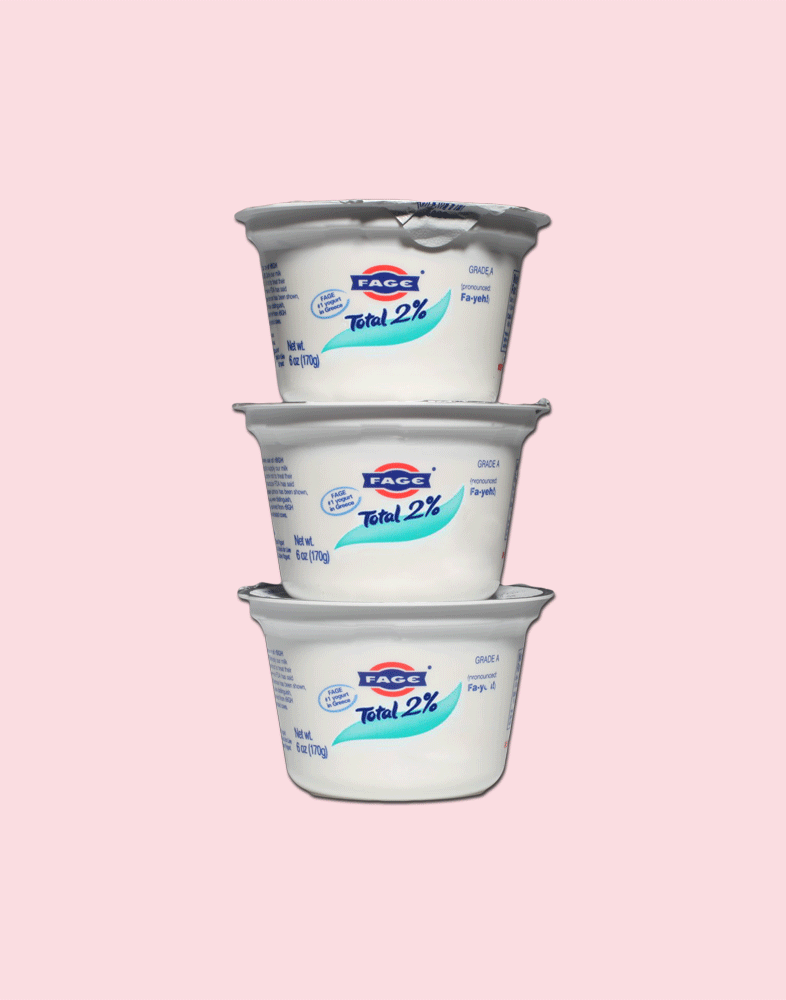
More Must-Reads from TIME
- Donald Trump Is TIME's 2024 Person of the Year
- Why We Chose Trump as Person of the Year
- Is Intermittent Fasting Good or Bad for You?
- The 100 Must-Read Books of 2024
- The 20 Best Christmas TV Episodes
- Column: If Optimism Feels Ridiculous Now, Try Hope
- The Future of Climate Action Is Trade Policy
- Merle Bombardieri Is Helping People Make the Baby Decision
Contact us at letters@time.com